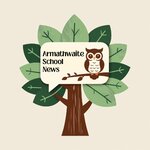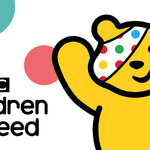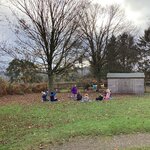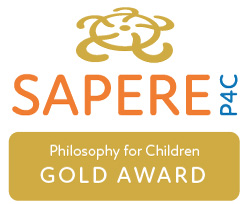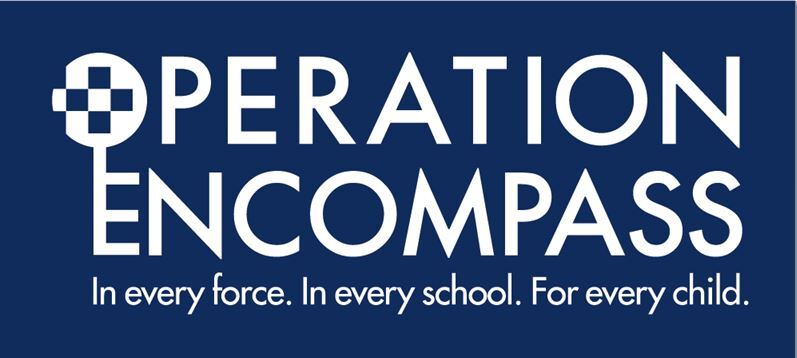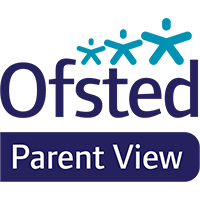Child Initiated Independent Learning
At our school, we believe that independent learning is essential in helping children develop confidence, creativity, and a love for learning. Through child-initiated activities, students explore their interests, make decisions, solve problems, and share their achievements with others.

What is Independent Learning?
Independent learning means giving children the time and opportunity to plan, develop, and extend their own learning. When children take the lead, they become more engaged, motivated, and confident in their abilities. They learn to take risks, solve problems, and apply their knowledge in meaningful ways.
By allowing children to plan and review their activities, they develop skills such as concentration, perseverance, resilience, and reflection. They also experience the intrinsic reward of completing tasks and achieving goals, which fosters a lifelong love of learning.
The Key Ingredients of Independent Learning
Independent learning at our school is built on four key elements:
-
The Role of the Teacher – Teachers support and facilitate learning rather than direct it, working alongside children to guide their development.
-
A Rich, Enabling Environment – Learning spaces are well-organized, stimulating, and accessible, encouraging exploration and creativity.
-
Ownership of Learning – Children take responsibility for their own learning, choosing activities that interest them and setting their own goals.
-
Well-Planned Learning Spaces – Classrooms and learning areas are designed to be easily navigable, with labeled resources that promote independence.
How Independent Learning is Implemented
Early Years (Reception & Year 1)
-
Children plan their activities using a simple digital planning sheet.
-
They can choose up to three activities, ensuring they always have options available.
-
Teachers support their choices and provide opportunities for exploration and creativity.
-
Emphasis is placed on personal, social, and emotional development to encourage a love for learning.
Year 2 & Year 3
-
Children begin planning their time for the week ahead.
-
They discuss ideas in small groups, reflecting on past activities and setting new goals.
-
They create project plans, detailing their goals, weekly targets, and required resources.
-
Digital tools, such as e-planning folders and pictorial progress tracking, are introduced.
Years 4, 5 & 6
-
Older children explore more complex planning methods, including digital tools and personal planning books.
-
Emphasis is placed on attention to detail in planning, execution, and evaluation.
-
They develop skills such as time management, collaboration, problem-solving, and self-assessment.
-
Projects become more detailed and goal-oriented, reinforcing key learning skills.
Supporting Learning Through Planning and Review
Planning Time
-
Children use timelines to organize their time effectively, incorporating elements of math such as fractions, percentages, and time management.
-
They reflect on their skills, such as focus, teamwork, and perseverance.
Review Time
-
Children regularly reflect on their progress, discuss challenges, and celebrate successes.
-
Weekly review sessions include mixed-age groups, where children share experiences, learn from each other, and develop speaking and listening skills.
-
Staff meetings also include assessments of independent learning progress, ensuring continuous support and improvement.
The Role of the Teacher
Teachers play a vital role in facilitating independent learning. Rather than directing every step, they:
-
Observe and discuss learning with students.
-
Offer guidance when needed.
-
Encourage self-reflection and problem-solving.
-
Create a positive, supportive environment where children feel valued and motivated.
Why Independent Learning Matters
Research shows that children learn best when they feel engaged, motivated, and have ownership of their learning. Independent learning helps children:
-
Develop confidence and resilience.
-
Think critically and creatively.
-
Wrs, we empower children to reach their full potential—both in school and beyond.ork collaboratively and independently.
-
Apply their learning in real-world situations.
-
Foster a lifelong love of discovery and problem-solving.
Conclusion
At our school, we are committed to nurturing independent learners who take pride in their achievements and embrace challenges with enthusiasm. Through thoughtful planning, a supportive environment, and the guidance of dedicated teachers, we empower children to reach their full potential—both in school and beyond.
.png)
